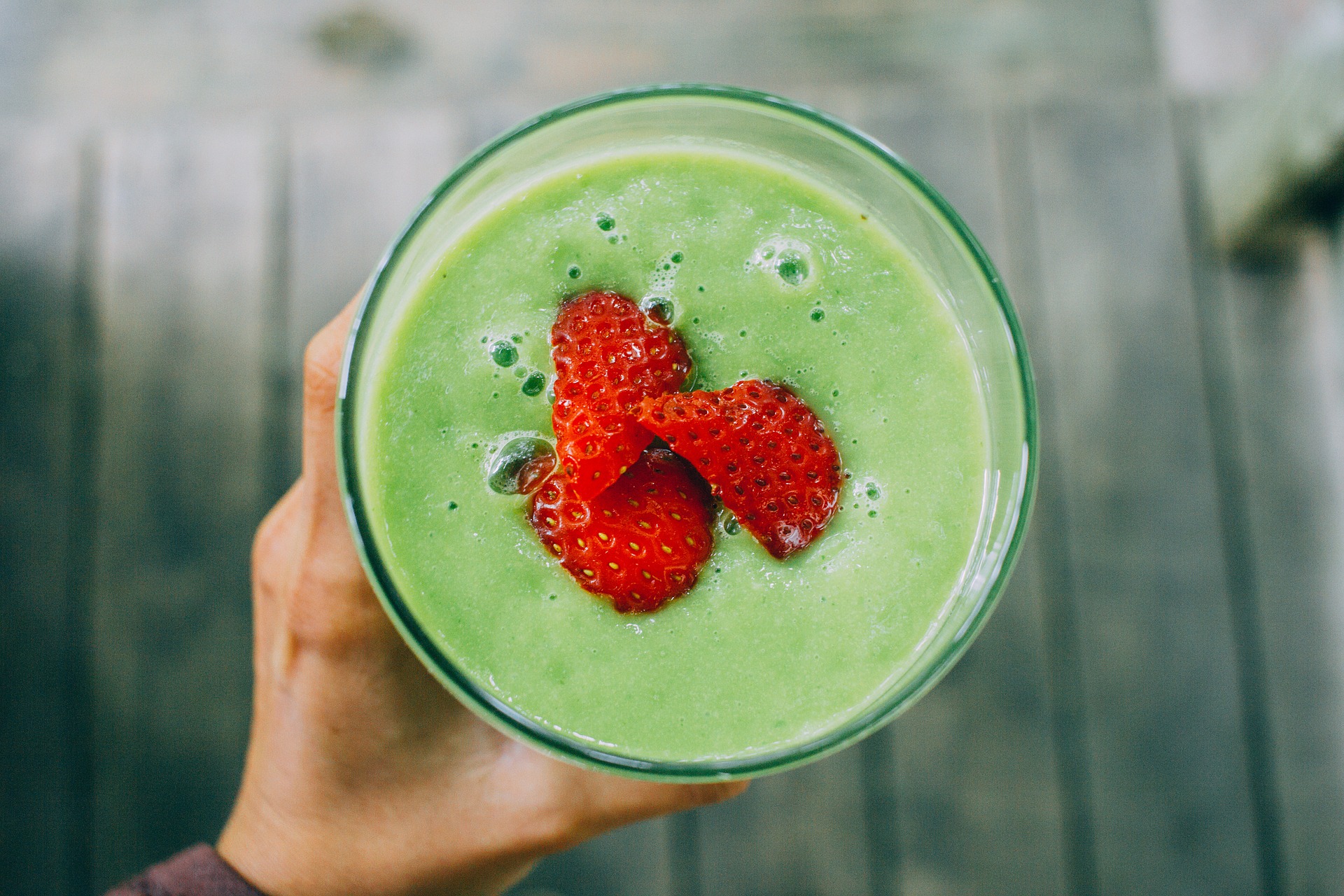The Evolution of Plant-Based Protein
Plant-based protein has been gaining popularity in recent years as more people adopt a vegan or flexitarian lifestyle. From tofu and tempeh to lentils and chickpeas, there are countless options available for those looking to incorporate more plant-based protein into their diets. Read below to discover the evolution of plant-based protein and how it's reshaping the food industry.
Plant-Based Proteins on the Rise
As the demand for plant-based protein continues to grow, food manufacturers are getting creative with their offerings. From meatless burgers that taste like the real deal to plant-based protein powders that can be added to smoothies, there is no shortage of options available for those looking to reduce their consumption of animal products.
The Health Benefits of Plant-Based Protein
Plant-based protein is not only good for the planet but also for your health. Studies have shown that a diet rich in plant-based protein can help lower cholesterol, reduce the risk of heart disease, and even aid in weight management. Additionally, plant-based protein sources are often high in fiber, vitamins, and minerals, making them a nutritious choice for any diet.
Cooking with Plant-Based Protein
Incorporating plant-based protein into your meals is easier than you might think. From swapping out meat for tofu in stir-fries to adding lentils to soups and stews, there are endless ways to cook with plant-based protein. Experimenting with different ingredients and flavors can help you discover new favorite recipes that are both delicious and nutritious.
Plant-Based Protein Supplements
For those who struggle to get enough protein from whole foods alone, plant-based protein supplements can be a convenient option. Whether you prefer protein powders, bars, or shakes, there are plenty of options available to help you meet your protein needs. Just be sure to choose products that are free from artificial additives and sweeteners.
The Future of Plant-Based Protein
As the plant-based protein market continues to expand, we can expect to see even more innovative products hitting the shelves. From plant-based seafood to dairy alternatives made from nuts and seeds, the possibilities are endless. With more people embracing a plant-based lifestyle, the future of plant-based protein looks bright.
Useful Tips and Facts:
- Plant-based protein sources include tofu, tempeh, legumes, nuts, and seeds.
- Plant-based protein is often lower in saturated fat and cholesterol compared to animal protein.
- It’s important to vary your protein sources to ensure you’re getting all the essential amino acids your body needs.
In conclusion, plant-based protein is not just a passing trend but a sustainable and nutritious choice for both individuals and the planet. By incorporating more plant-based protein into your diet, you can enjoy a wide range of health benefits while reducing your environmental impact. Whether you’re a seasoned vegan or just looking to eat more plant-based meals, there has never been a better time to explore the world of plant-based protein.





